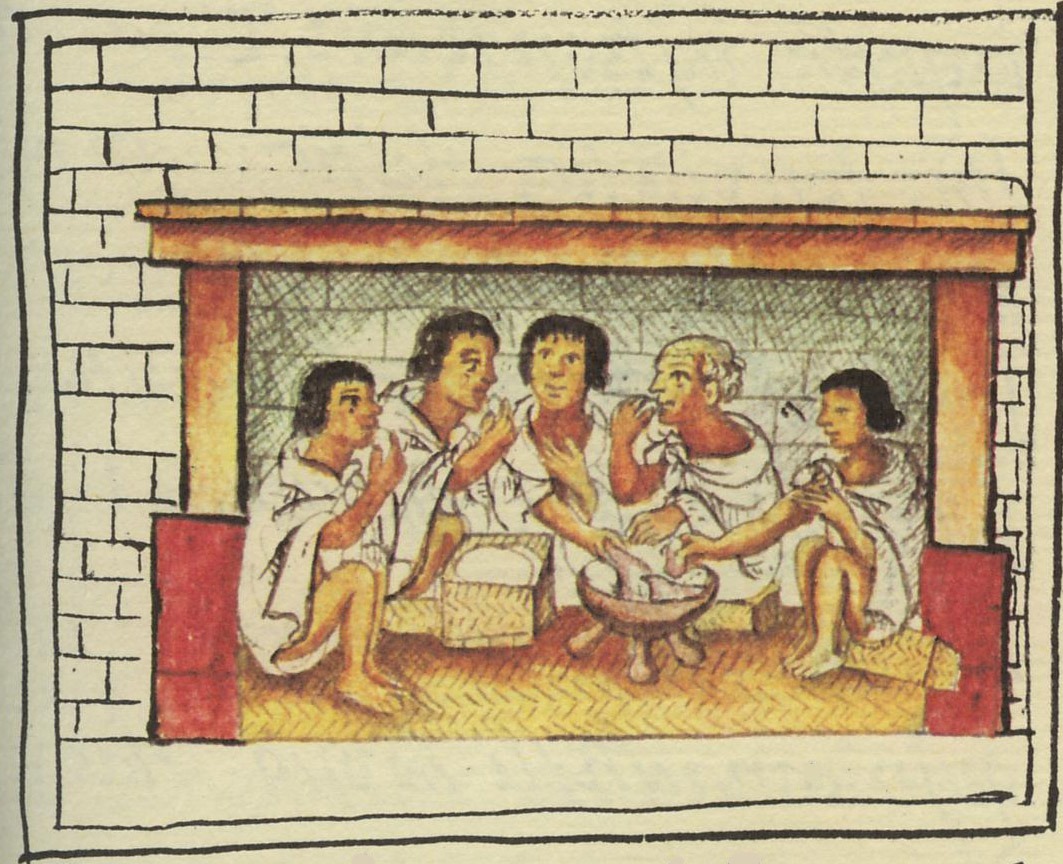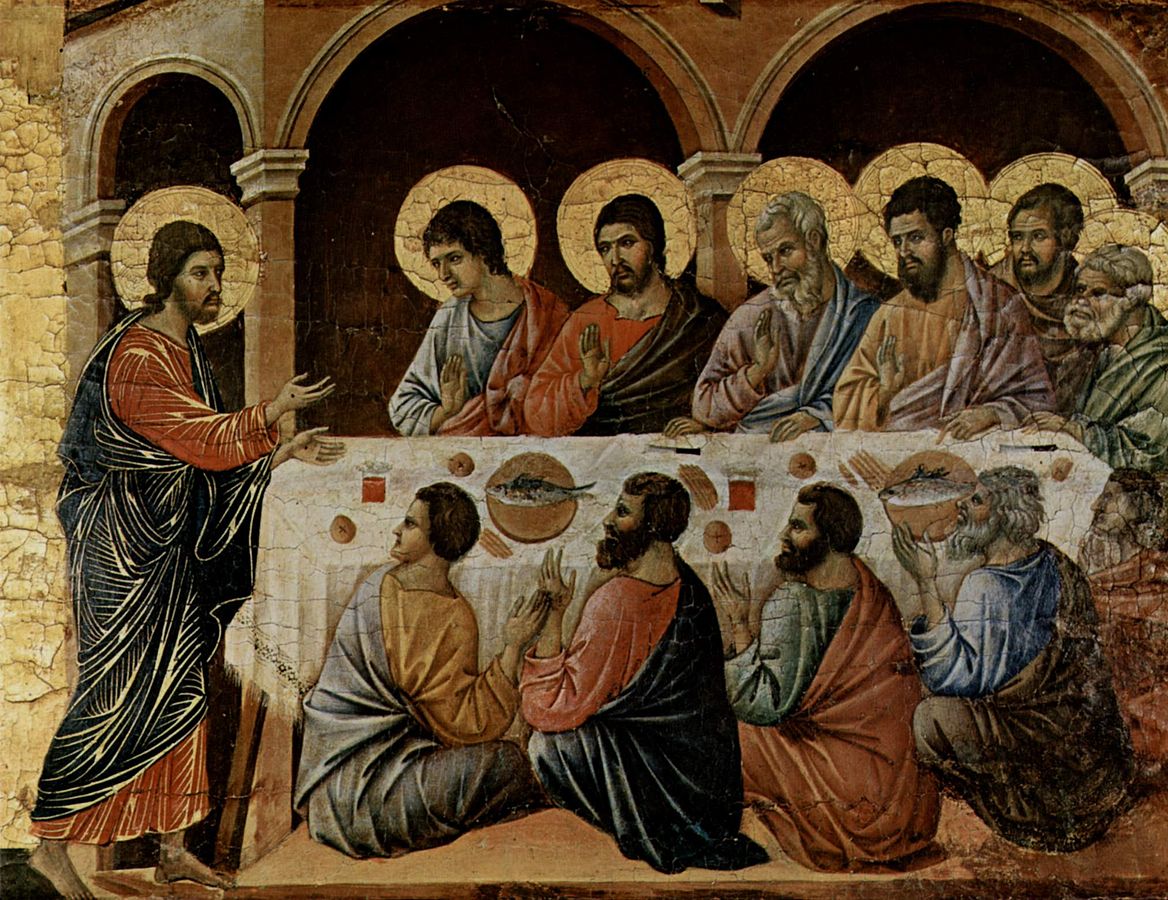by Lois Tverberg
“I will bless the LORD at all times; His praise shall continually be in my mouth. ” Psalms 34:1
 One of the ways the rabbis interpreted the phrase “love the Lord your God with all of your heart” was to point out that since we have both joy and sadness in our heart, we need to love God both when we are happy and when we are sad. We are to bless the Lord at all times, as the psalmist says we should do today. As Paul points out, we should “give thanks in all circumstances, for this is God’s will for you in Christ Jesus.” (1 Thessalonians 5:18).
One of the ways the rabbis interpreted the phrase “love the Lord your God with all of your heart” was to point out that since we have both joy and sadness in our heart, we need to love God both when we are happy and when we are sad. We are to bless the Lord at all times, as the psalmist says we should do today. As Paul points out, we should “give thanks in all circumstances, for this is God’s will for you in Christ Jesus.” (1 Thessalonians 5:18).
The rabbis had some wonderfully wise prayers in order to bless the Lord for both the highs and lows in life. When they went through a long, difficult time and finally had relief, or celebrated some happy event for which they waited, they said, “Blessed is He who has allowed us to live, and sustained us, and enabled us to reach this day!”
When a son returned home from war, or when a baby was born, or some other wonderful thing, they stopped to praise God for bringing them to that point in their lives. Even today this prayer is used, and is a favorite for many.
Even in times of grief, when someone died or they heard tragic news, they blessed God. They said “Blessed is he who is the true judge.” It was a proclamation that God is righteous and good even in the midst of terrible times, and it reminded them that he will in the end bring justice, even when it doesn’t seem to be present at the time.
They have an interesting, wise, but difficult saying that is often said on hearing tragic news. Gam zo le tovah – “Even this is for the good.” The first time I heard this saying was from a dear friend in Israel who had learned that his wife had breast cancer. If you’ve never lived through difficult times, it’s not appropriate to quote this line as an empty platitude to someone who is. But from the lips of my good friends who were anxious and in grief, it was a statement of great faith in God — that even in the worst times, we know that a loving God intends it for good.
Photo by Anton Levin on Unsplash


 The first time I heard it was from a dear friend in Israel when he had found out that his wife had breast cancer. It is never appropriate as an unsympathetic platitude, but from the lips of a person who is suffering, it is a statement of great faith in God — that even in the worst times, we know that a loving God intends it for good.
The first time I heard it was from a dear friend in Israel when he had found out that his wife had breast cancer. It is never appropriate as an unsympathetic platitude, but from the lips of a person who is suffering, it is a statement of great faith in God — that even in the worst times, we know that a loving God intends it for good.






